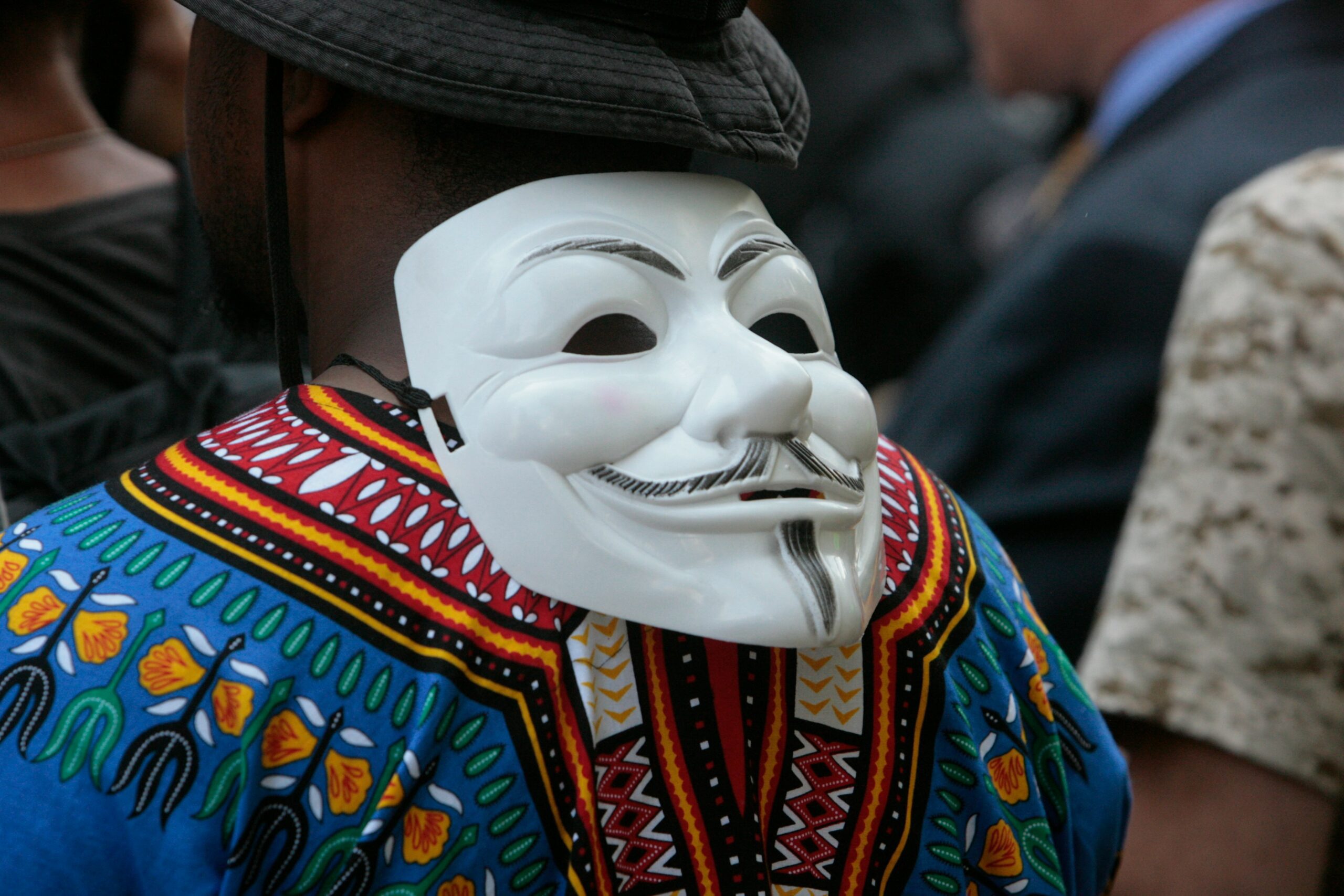On 24 February 2024, Col. Alpha Yaya Sangaré published a book titled, Mali: The Challenge of Terrorism in Africa. The book denounced human rights abuses by the Malian armed forces in their fight against armed Islamist groups. Sources said that on 2 March 2024, unidentified men abducted Col. Sangaré from his home in Bamako, Mali’s capital, and drove off with him. Whistleblowers play a crucial role in exposing misconduct within governments and corporations but often face hostility across Africa. Hence, the high personal cost of exposing wrongdoing has created a culture of silence and fear. To reverse the culture of silence and fear, governments must enact and enforce strong whistleblower protection laws, the media must responsibly amplify whistleblowers’ voices, and civil society organizations (CSOs) should advocate for reforms while supporting whistleblowers.
Corruption thrives in a culture of silence and fear, especially when whistleblowers face retaliation after they have exposed wrongdoings. In Kenya, whistleblowers have played pivotal roles in uncovering financial malfeasance, only to find themselves vilified and unsupported. Consider the case of John Githongo, whose revelations about the Anglo Leasing scandal involving the government forced him into exile. For whistleblowers, the risks are immense, including potential loss of livelihood, damaged reputations, and, in extreme cases, threats to lives.
Governments across Africa must prioritize the enactment and enforcement of comprehensive whistleblower protection laws that align with international standards to address these challenges of corruption and retaliation against whistleblowers. Protection laws should ensure anonymity, prohibit retaliation, and provide mechanisms for financial and legal support to whistleblowers who suffer economic or legal consequences for speaking out. These laws ensure that individuals can expose corruption without fear of retaliation, thereby promoting transparency and accountability. For example, in South Africa, the Protected Disclosures Act has provided legal protection to whistleblowers, enabling them to report misconduct safely and fostering a more transparent government.
Beyond legislation, a culture shift is essential. CSOs must step in where governments fail. Whistleblowers often lack the resources to fight legal battles or recover from financial losses caused by retaliation from employers, government officials, or other powerful actors implicated in their disclosures. CSOs should assist by providing legal assistance and psychological support to ensure whistleblowers are not left to suffer alone. CSOs can mount advocacy campaigns to pressure governments to adopt stronger protection measures. When such protection measures are in place, they foster a culture where the civic duty of speaking out is respected and safeguarded. For instance, in Ghana, CSOs like the Ghana Integrity Initiative and the Centre for Democratic Development played a crucial role in advocating for the Whistleblower Act of 2006, which established legal protections for individuals reporting corruption. The efforts of these CSOs ensure that the law included provisions for anonymity, legal support, and protection from retaliation for whistleblowers who expose corruption. Such initiatives demonstrate the power of collective advocacy in creating legal frameworks that safeguard whistleblowers and promote accountability among government institutions and corporate entities.
Media outlets must amplify whistleblowers’ voices while ensuring whistleblowers’ safety. They must protect whistleblowers’ identities and ensure whistleblowers’ revelations drive action rather than fear. For instance, in South Africa, a whistleblower, Athol Williams, exposed corruption involving global consultancy firm Bain & Company and its role in weakening the South African Revenue Service. The media framed the narrative to highlight systemic corruption without putting Williams at further risk. By doing so, they shifted public focus to the broader issue of institutional failures, sparking national and international scrutiny. Such responsible reporting demonstrates how the media can empower whistleblowers, inspire accountability, and mobilize action while safeguarding those who risk everything to expose the truth.
As debates around governance and accountability gain momentum across the continent, Africa must prioritize accessible, secure, and impartial reporting mechanisms to protect whistleblowers and ensure whistleblowers’ revelations lead to action. Only by addressing these structural challenges can we create a future where exposing corruption is met with integrity and action rather than fear and silence. For Africa to achieve meaningful progress, the culture of silence must be replaced with an unwavering commitment to truth and accountability.
Kevin D. Mofokeng is a writing fellow at African Liberty.
First Appeared in Modern Ghana.

